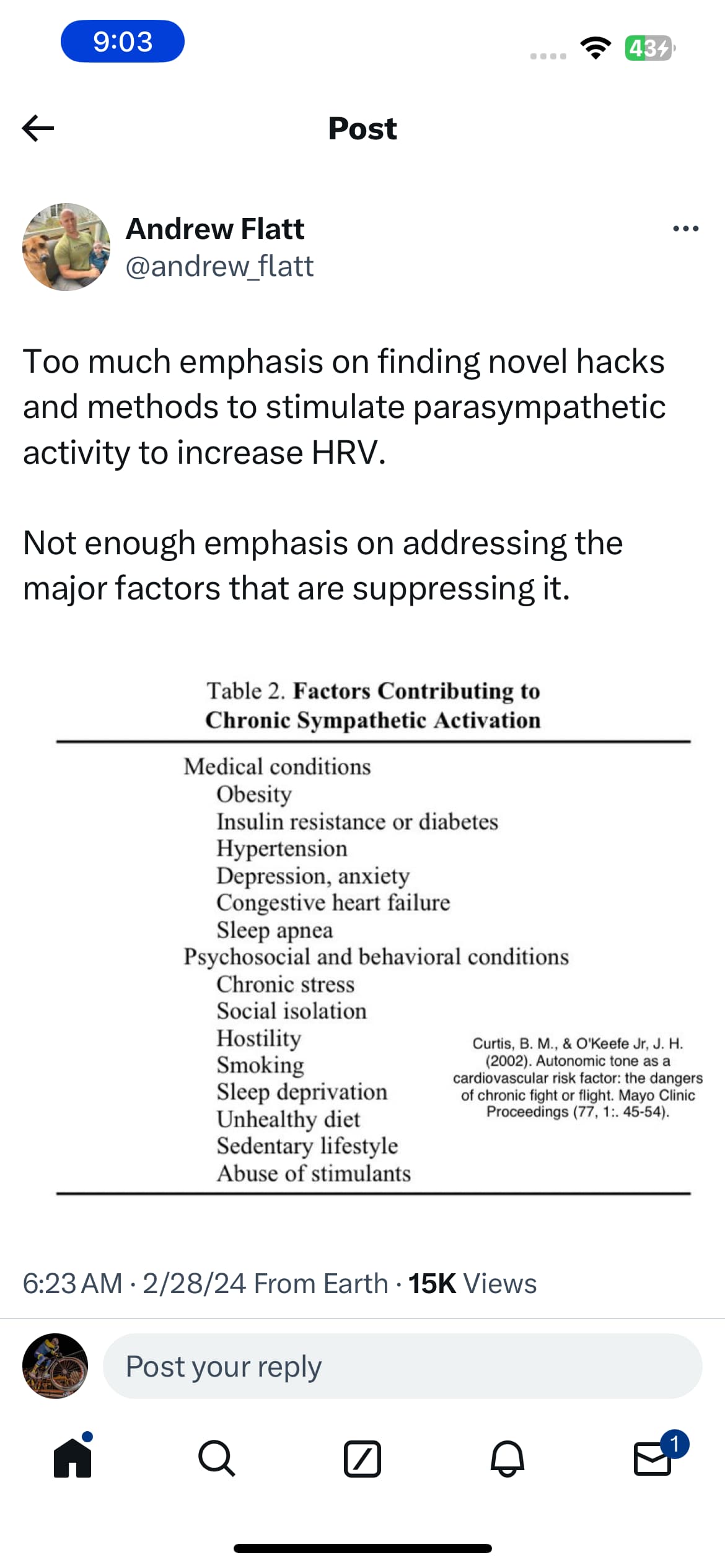Hello everyone,
I wanted to open a discussion about the role of mindfulness and meditation in promoting longevity, specifically focusing on stress reduction. Numerous studies have highlighted the benefits of mindfulness practices in mitigating stress, reducing cortisol, a known factors that can adversely affect our health and aging process.
For example study, titled “Impact of Yoga and Meditation on Cellular Aging in Apparently Healthy Individuals” demonstrates that a 12-week Yoga and Meditation based lifestyle intervention (YMLI) significantly improved both cardinal biomarkers of cellular aging and metabotrophic biomarkers influencing cellular aging in apparently healthy individuals.
Other study, “Molecules of Silence: Effects of Meditation on Gene Expression and Epigenetics” by Sabrina Venditti et al. explores how meditation practices like mindfulness, Yoga, and Tai Chi can positively influence well-being through epigenetic mechanisms, impacting gene expression without altering the DNA sequence.
In my personal routine, I dedicate 20-30 minutes daily to meditation, focusing on breathing techniques and transcendental meditation practices. This time is crucial for me, serving as a reset button for my mind, reducing stress, and contributing positively to my overall well-being.
I’m curious to learn about your experiences and practices. Do you incorporate mindfulness or meditation into your daily routine? If so, what type of practice do you follow, and how has it impacted your life and health? Any insights or personal anecdotes would be greatly appreciated, as I believe this is an important aspect of our journey towards longevity.
Looking forward to hearing your thoughts and experiences!
